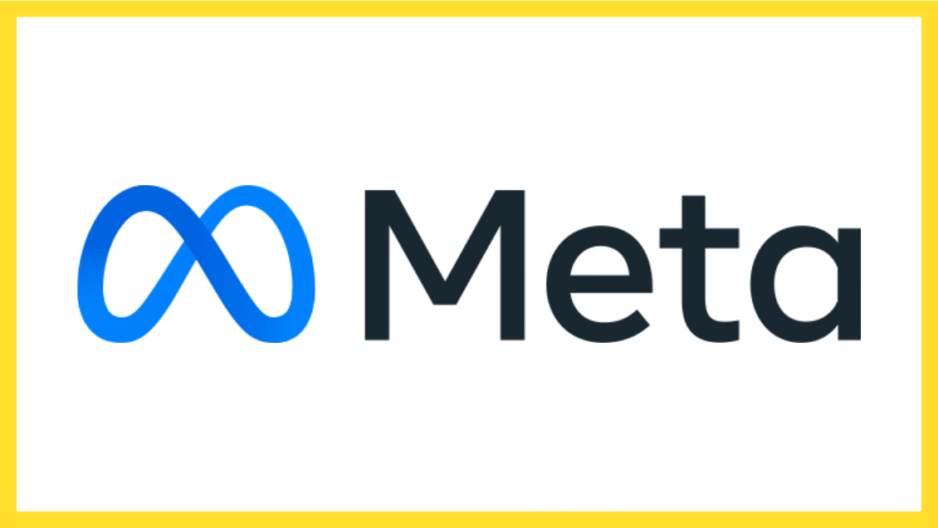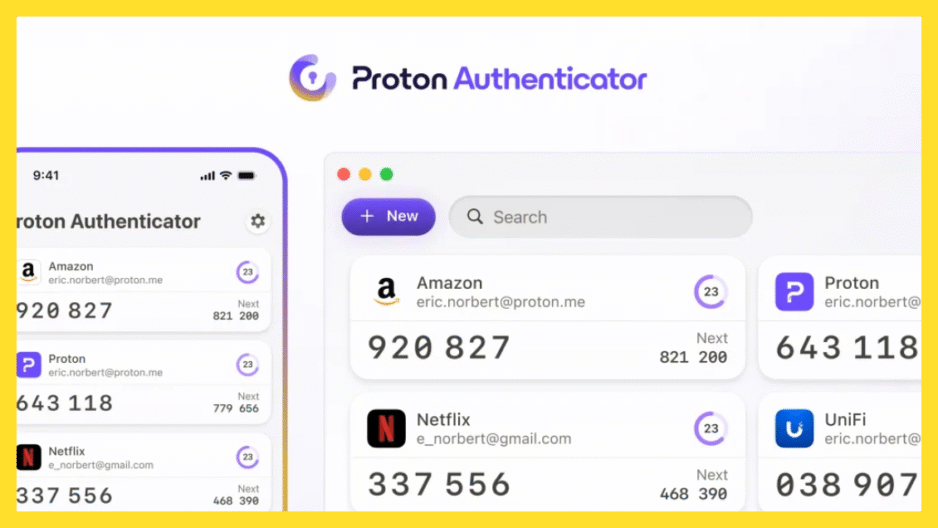Meta has been found by a jury to have violated California privacy laws by discreetly collecting sensitive menstrual health data from users of the Flo period tracking app, allegedly without user consent. The class-action lawsuit revealed that Meta used this data for ad-tracking purposes, raising concerns about the handling of personal medical information. The outcome spotlights the increasing scrutiny on tech giants’ privacy practices as regulatory and user expectations evolve.
Read more: TechCrunch



